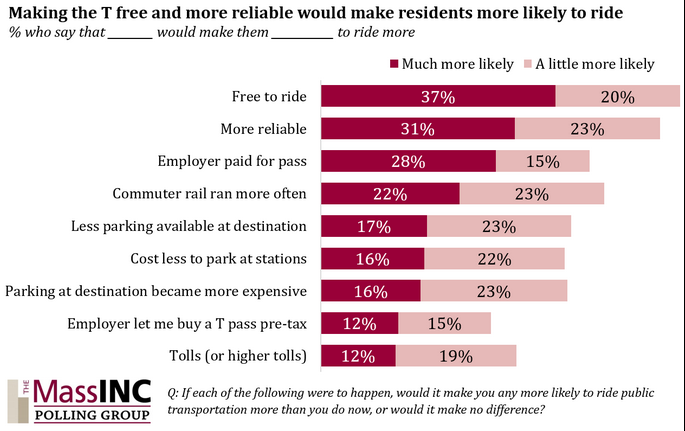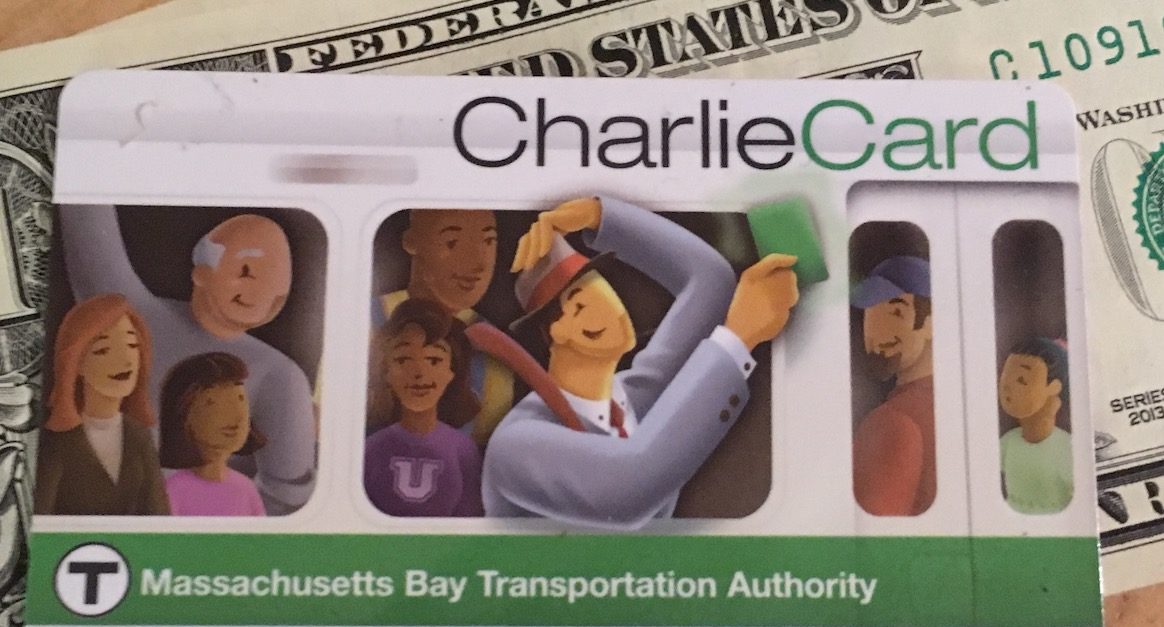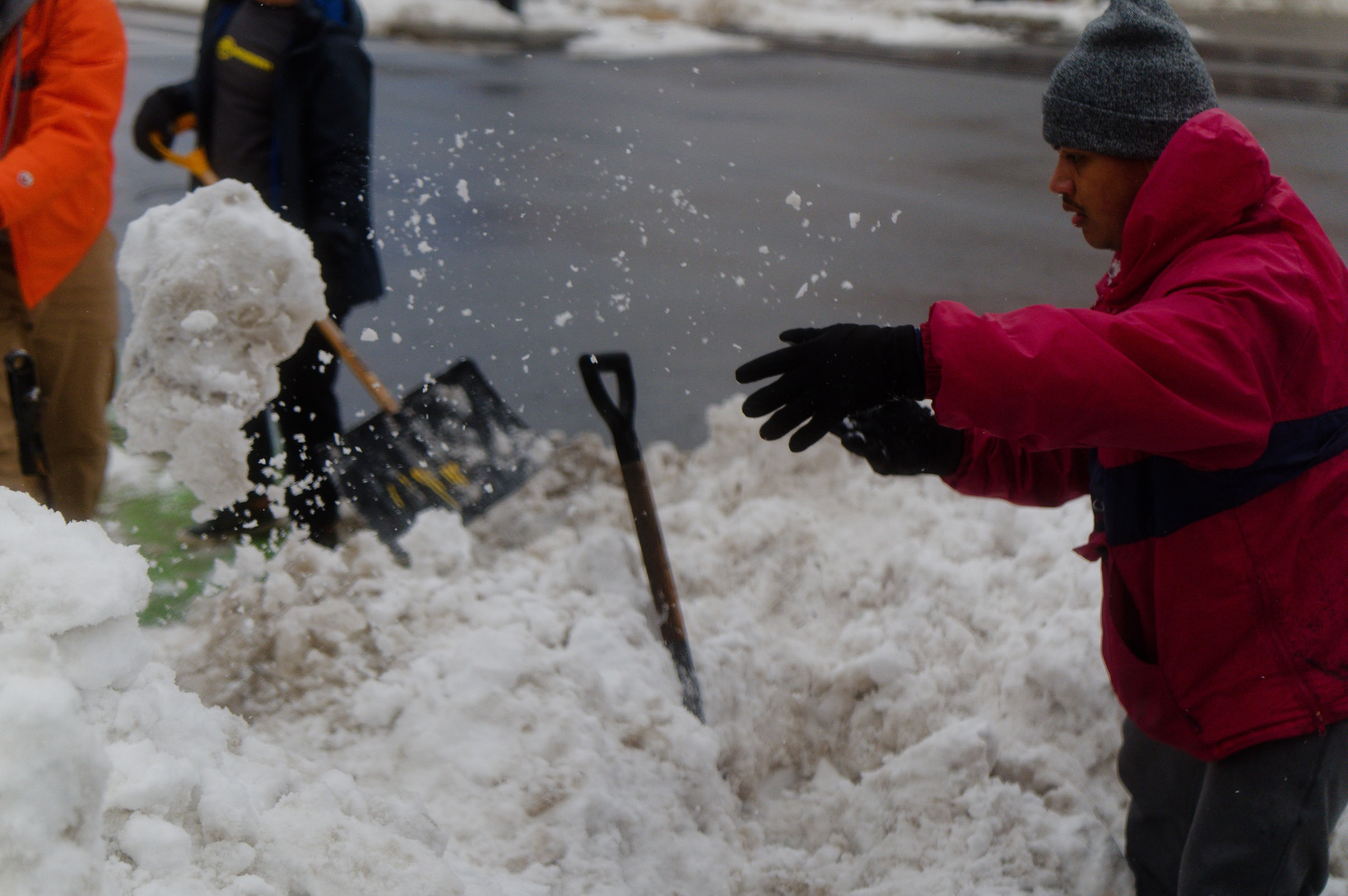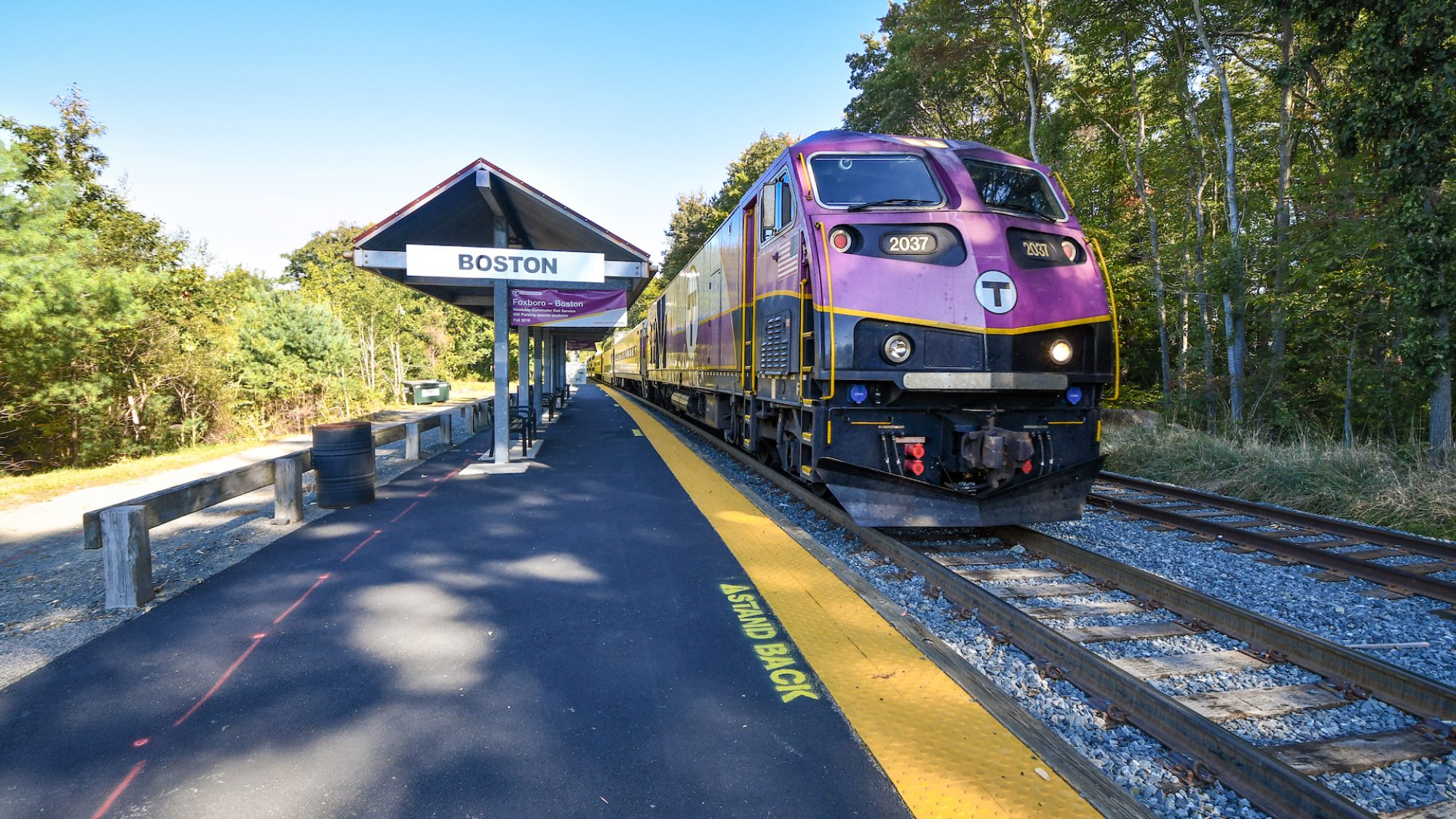A new MassINC poll finds that fare-free transit could be a powerful incentive for residents of the MBTA region to ride transit more often.
In August, The MassINC Polling Group surveyed 1,000 residents of the MBTA region in eastern Massachusetts to evaluate public sentiments about the T and transportation and general.
Many of the poll's findings were fairly bleak: 37 percent of the poll's transit riders said that they've been riding the T less often since the pandemic, and over two-thirds said that they've felt unsafe on the T on at least one occasion from the poor condition of its infrastructure.
But pollsters also asked people what kinds of changes might make them more likely to ride the T.
Fixing the T's problems ranked near the top, with over half of respondents saying that more reliable trains and buses would make them more likely to ride.
But respondents said that another idea would be more influential: the elimination of fares.
57 percent of the poll's respondents said that making the T free to ride would make them more likely to use transit; 37 percent said that fare-free service would make them "much more likely" to ride.

Fare-free transit disproportionately benefits lower-income households that have limited purchasing power. But interestingly, this poll suggests that its influence on ridership might not vary much among different economic strata.
Among lower-income poll respondents (people who earned under $50,000 a year), 54 percent said that free fares would encourage them to ride more often.
Among respondents who earned over $100,000 a year, 59 percent said that they'd ride more if they didn't have to pay.
A similar policy change – employer-paid parking passes, which would effectively make transit free for workers – ranked as the third most-influential option among the poll's choices for transit incentives.
A quick fix to increase ridership
Over the past three years, the Commonwealth's efforts to fix the T to restore reliable service have proven to be an incredibly expensive, disruptive, and frustratingly fruitless.
By comparison, eliminating fares could be relatively easy. But there are still massive financial and political barriers to overcome.
At the MBTA, fares still contribute about 15 percent of the agency's budget. That means, to eliminate fares altogether, the Commonwealth would need to pay about $420 million a year from other tax revenues to subsidize the agency's present-day operations.
Figuring out how to bridge that financial gap remains the biggest barrier to implementing fare-free service, and many advocates have set their sights on a more modest goal: fare-free bus service.
During her election campaign, Governor Healey committed to “outlining a pathway to fare free buses throughout the Commonwealth.”
Her first eight months in office have produced several tangible policy changes on that front, mostly from this summer's passage of a new state budget.
"Governor Healey is proud to have secure $5 million for a means tested fares program and $15 million for a fare-free pilot for Regional Transit Authorities," Healey spokesperson Karissa Hand told StreetsblogMASS. "We will continue to assess strategies for making public transportation more affordable and accessible."
Compared to the MBTA, the Commonwealth's smaller regional transit authorities have smaller budgets, and their fare revenues cover a smaller portion of those budgets.
That's made it comparatively easier for them to roll out fare-free service on a trial basis using federal pandemic relief funds in recent years. And the results of those trials support the MassINC poll's findings: agencies that suspended fares saw larger gains in transit ridership.






